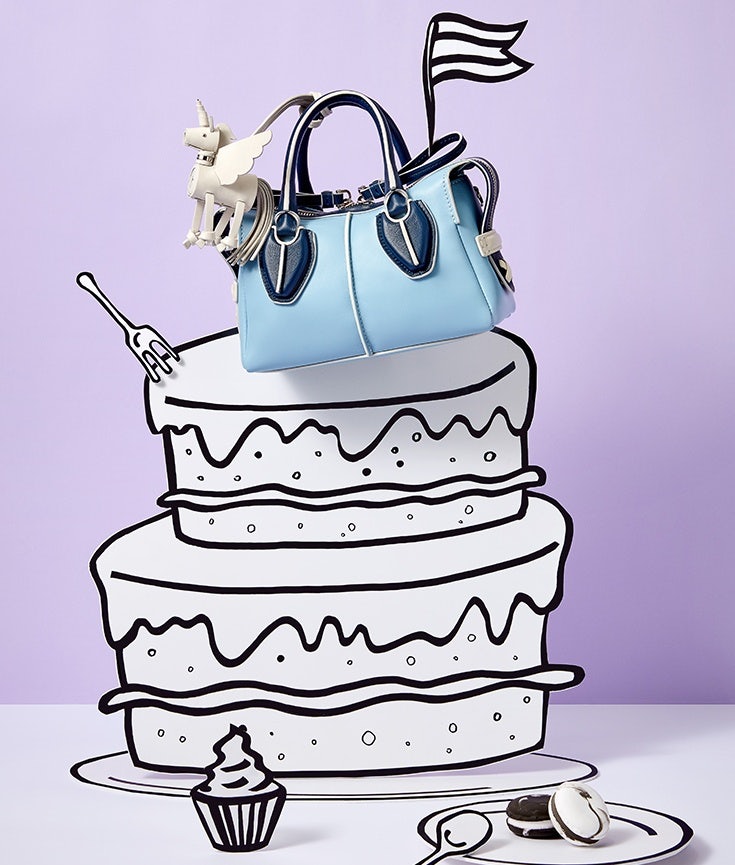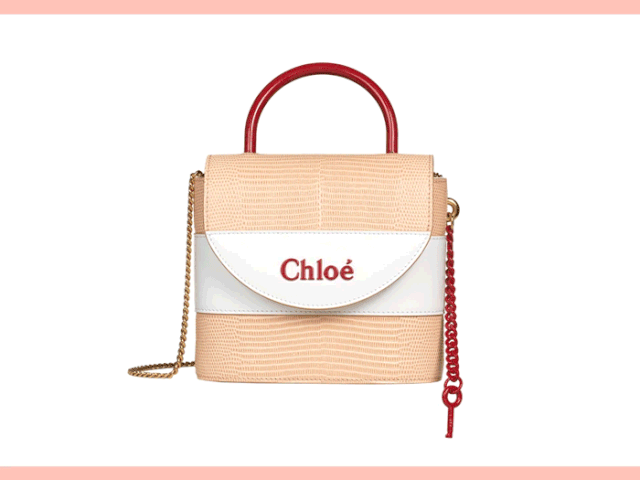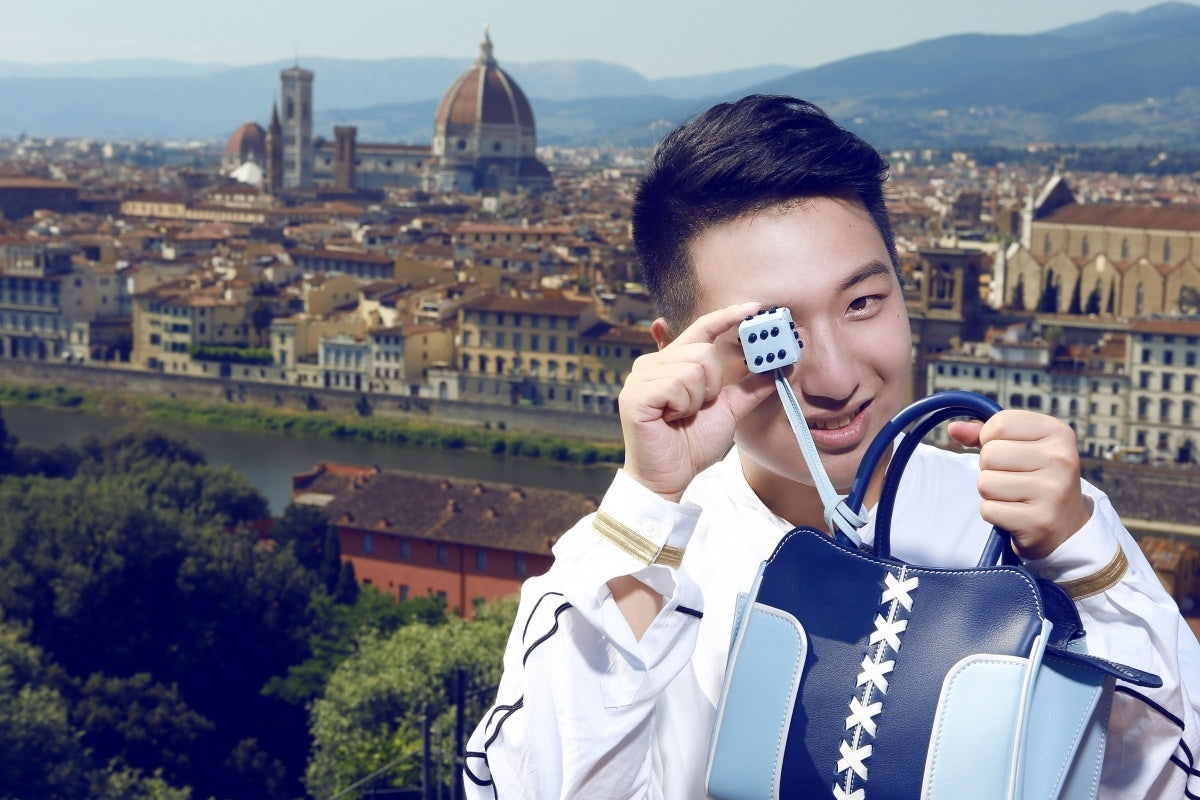Even though Marxism has promoted pragmatism and materialism for nearly a century in China, superstition still runs deep in everyday Chinese life. China's luxury-buying millennials and the aspirational class maintain a stubborn and firmly entrenched belief that buying premium goods is a ticket to a higher status, and the country’s current work-hard-buy-harder culture has elevated luxury shopping to the level of a spiritual experience. Perhaps that’s because when Chinese consumers look for new, transformative luxury products, aside from aesthetics and quality, they actively search for "寓意" (yù yì) — a Chinese term for ‘connotation’ a.k.a. the metaphor behind an object.
A well-meaning belief in yù yì has seeped into all areas of life in China and starts at birth. When a baby is born, parents go through dictionaries and pick out a unique character combination that symbolizes their hopes and dreams for the baby, Therefore, each Chinese name carries a special yù yì from each family. Much in the same way, when purchasing a property in China, business owners and families pay meticulous attention to the building’s feng shui, which is the ancient Chinese art of orienting spaces in an auspicious manner. The color red, jade amulets, and gold bracelets are all considered lucky aspects that Chinese people superstitiously bring into their environments.
Whether they’re young or old, Chinese consumers believe in the metaphysical meaning of luxury objects, and there are certain luxury products that were, in fact, made with lucky messages which have long captured their attention. Van Cleef & Arpels' four-leaf-clover necklace, for instance, is said to be good luck for college graduate interviews, and Swarovski's Evil Eye necklace is believed to chase away evil. Others include Pandora's Dreamcatcher necklace, which is thought to filter out bad dreams and retain good ones, while the Amulette de Cartier from Bulgari's Roma series can also be found on the shortlist of classic lucky charms that Chinese luxury consumers have grown to know and love.
But what if a luxury product isn’t designed with a “lucky” brand message? That’s alright because Chinese consumers often invent one themselves. Below is a brief list of luxury items that have been interpreted as good luck charm by Chinese consumers across sales channels and social media:
— Daniel Wellington: This watch brand is considered lucky for long-distance relationships in China. Its logo "DW" is interpreted as "děng wǒ 等我," meaning "wait for me.
— Harry Winston: The well-known jewelry maker is seen as lucky for engagement because their logo "HW" is interpreted as "husband and wife" by the market. Reviews from Little Red Book even show that many Chinese couples have chosen HW jewelry over other similar-level brands on purpose because of the "husband and wife" metaphor.
— Piaget's Possession Ring: This ring is known as "being my fortune turn” (时来运转, shí lái yùn zhuǎn) to Chinese consumers that understand Buddhism. The brand's rings are designed with movable parts for fiddling, which reminds consumers of Chinese Buddhist culture, where visitors to a temple would manually turn prayer wheels to pray for luck. The act of turning thus resembles the "turning" design of the Piaget ring.
— Dior Matte 888 (lipstick product code): This is an item that’s considered good luck for winning money in gambling. The number 8 means fortune in Chinese, so "888" means "get rich" multiplied by three.
This list could go on, and — goofy or not — each luxury item contains codes of superstition that are unique to the Chinese market yet are obscure to outsiders. In May 2019, an article titled “What Prada’s 'Murderer Bag' Says About China's Luxury Market” in Business of Fashion tells how Chinese consumers tend to come up with their own catchy names for luxury goods because it’s convenient. But convenience aside, they also do this when they recognize some luck within the item.
Cultural insiders, such as the handbag guru known as Mr. Bags, have already leveraged this unique "meaning search" by creating products that the market adores. For his 2019 June collaboration with the Italian luxury brand Tod's, Mr. Bags designed a unicorn pendant for the bag and specifically stated what it meant in his WeChat post. He wrote, "unicorn has a great yù yì. It doesn't only stand for luck, but it also represents purity and child-like innocence. I hope the bag protects your inner innocence." Purity and innocence are qualities that are both seen as particularly attractive to Chinese women, and as a result, the collaboration was able to add an extra layer of yù yì to an already-playful design, which helped the bag record impressive sales numbers.

On July 15, Mr. Bags launched yet another collaboration, this time with the French fashion house Chloé, where he helped redesign the brand's classic Aby Lock bag for the upcoming Qixi Festival. In a short video presentation published on Little Red Book, Mr. Bags said, "I purposely chose the lock and key design to give this bag a positive yù yì. This way, this cute red key would lock in all the beauty in your life."

From baby naming and feng shui to Chinese consumers' appetite for “lucky” luxury goods, the deep-rooted belief in luck is a constant in Chinese culture. The desire for luck, which is already deeply rooted in traditional Chinese folk culture, now seems to be powered by the instability that an increasingly more expensive and competitive modern life presents. For luxury brands, considering this unusual cultural aspect when they produce and launch products for the Chinese market could be a potential difference-maker. Although Chinese consumers are known as pragmatic — even highly unemotional — in their lives and when making purchases, many of them are emotionally vulnerable when it comes to superstitious metaphors. Brands surely must satisfy the minds of Chinese consumers, but luck is the key to their hearts
